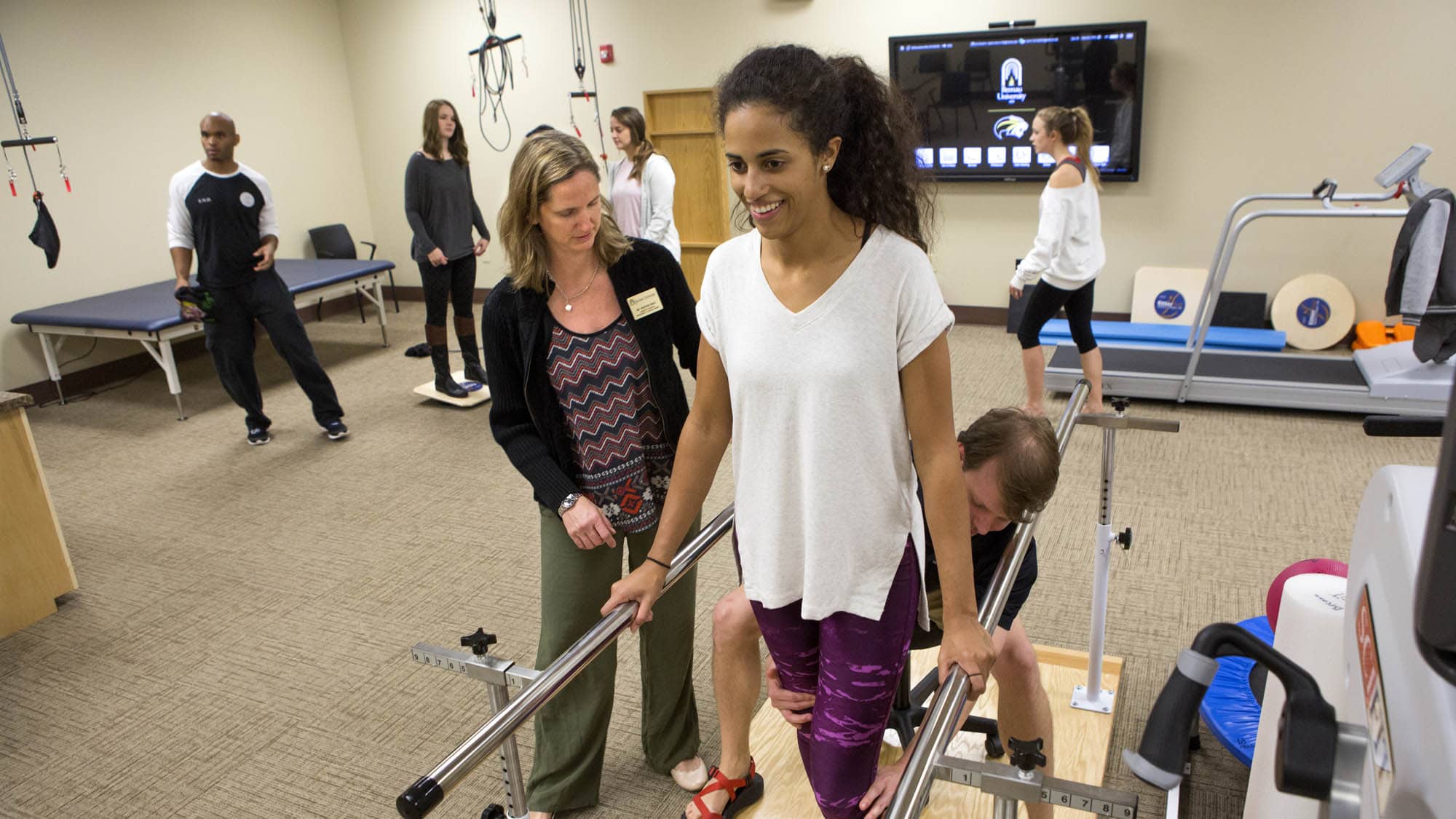Enhancing Performance and Reducing Harm Risk via Comprehensive Assessment of Equilibrium and Stability through Functional Movement Assessment.
Enhancing Performance and Reducing Harm Risk via Comprehensive Assessment of Equilibrium and Stability through Functional Movement Assessment.
Blog Article
Equilibrium and stability are essential components of bodily wellness and general well-being. They play a critical role in everyday tasks, athletic performance, and injury prevention. When an individual has good balance and stability, they are less prone to trip or incur injuries during physical exercises. One efficient way to evaluate these attributes is through Practical Movement Screening (FMS). FMS is a tool used to analyze motion styles and recognize discrepancies or weaknesses that could lead to injuries.
Functional Movement Screening involves a series of specific tests that examine how well a person moves. The tests focus on fundamental actions such as squat, lunge, and flexing. By watching these movements, trainers and medical experts can identify areas where an person may struggle. For instance, if someone has trouble keeping equilibrium while executing a squatting, it may suggest a need for targeted exercises to improve power and control. This evaluation not only identifies weaknesses but also helps to track progress over time.
In addition to this to recognizing areas for enhancement, FMS serves a crucial part in avoiding injuries. Many injuries occur as a result of poor motion patterns, which can be identified through functional assessments. By addressing these problems early on, people can lower their likelihood of injury during sports or other physical exercises. For instance, a jogger who shows an discrepancy in their gait may be more prone to leg harm. By correcting these imbalances through specific exercise programs, the chance of harm can be significantly decreased.
Furthermore, improving capability is another benefit of conducting a comprehensive evaluation of equilibrium and stability. Athletes and engaged persons often seek to improve their performance in particular activities or exercises. A thorough understanding this page of their movement styles allows coaches to create personalized training programs that focus on specific deficiencies. By improving balance and steadiness, sportspeople can improve their overall performance, whether it’s jogging more quickly, jumping higher, or performing exact movements in their sport.
In summary, the significance of assessing balance and steadiness through Functional Movement Assessment cannot be exaggerated. This comprehensive assessment serves as a basis for improving physical wellness, avoiding harm, and improving sporting performance. By recognizing areas of deficiency and implementing targeted exercise approaches, individuals can achieve better results in their physical activities. Focusing check this site out on balance and stability not only results to improved performance but also adds to a more wholesome, more energetic way of life.